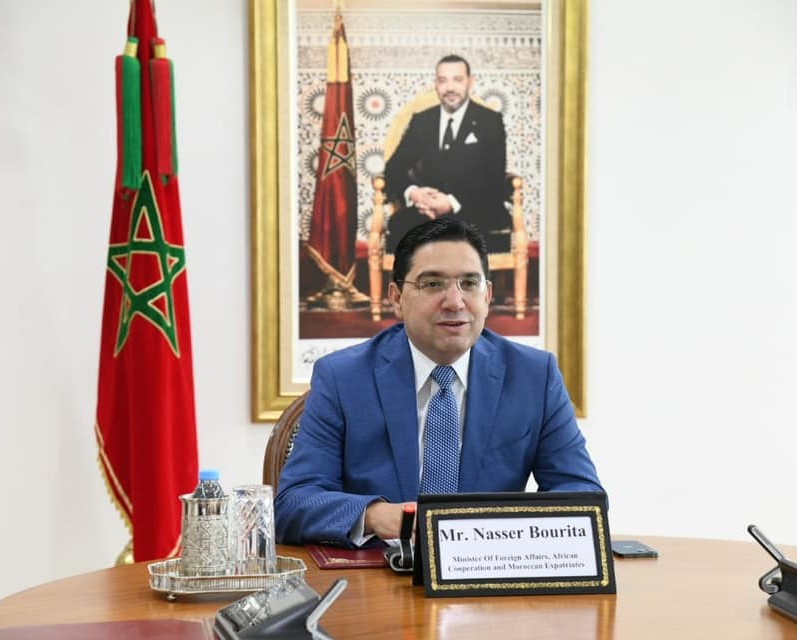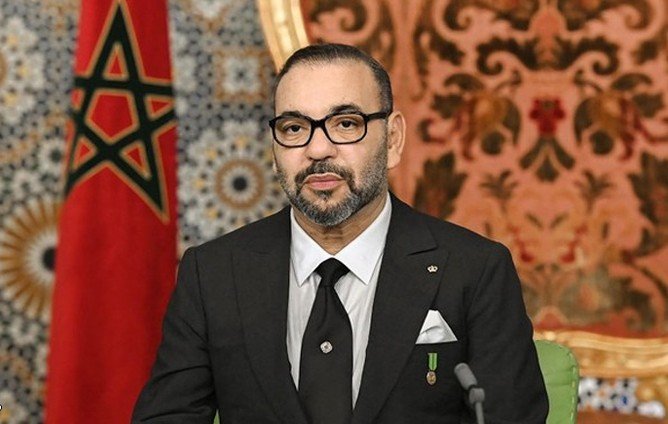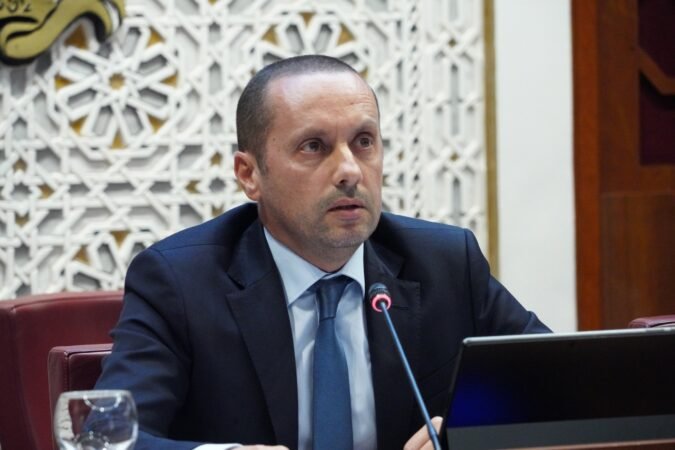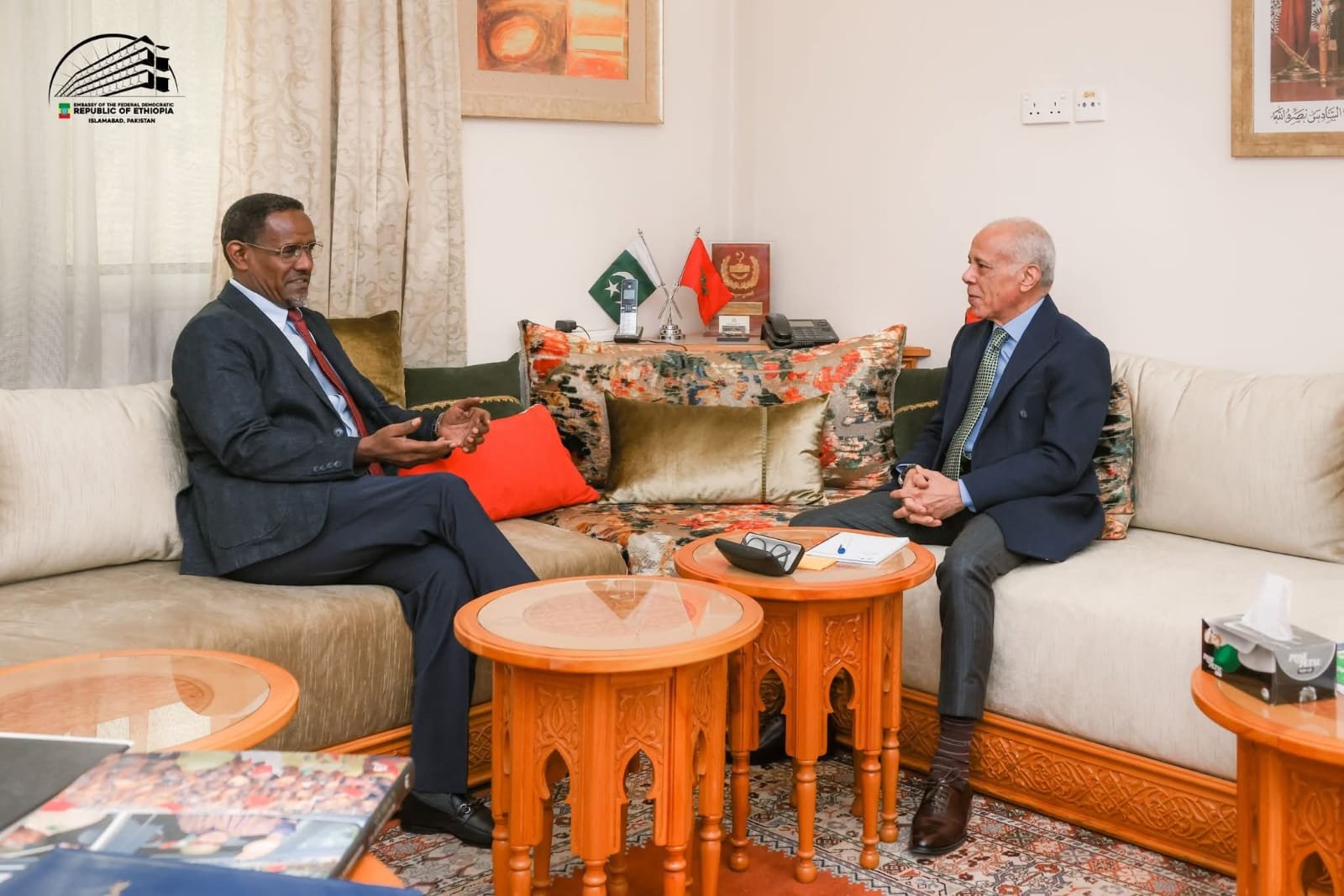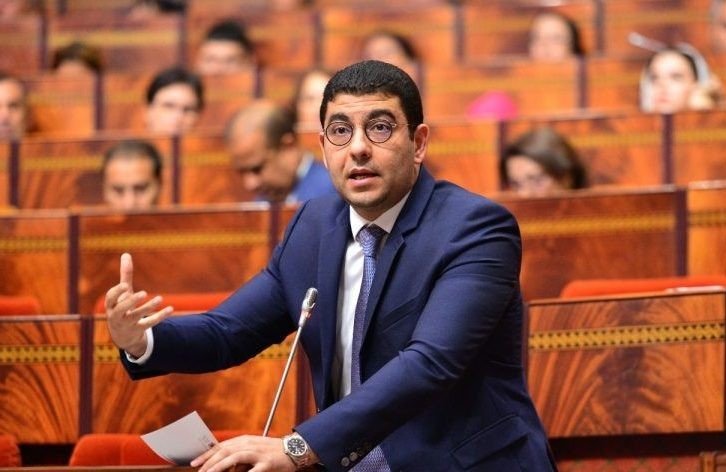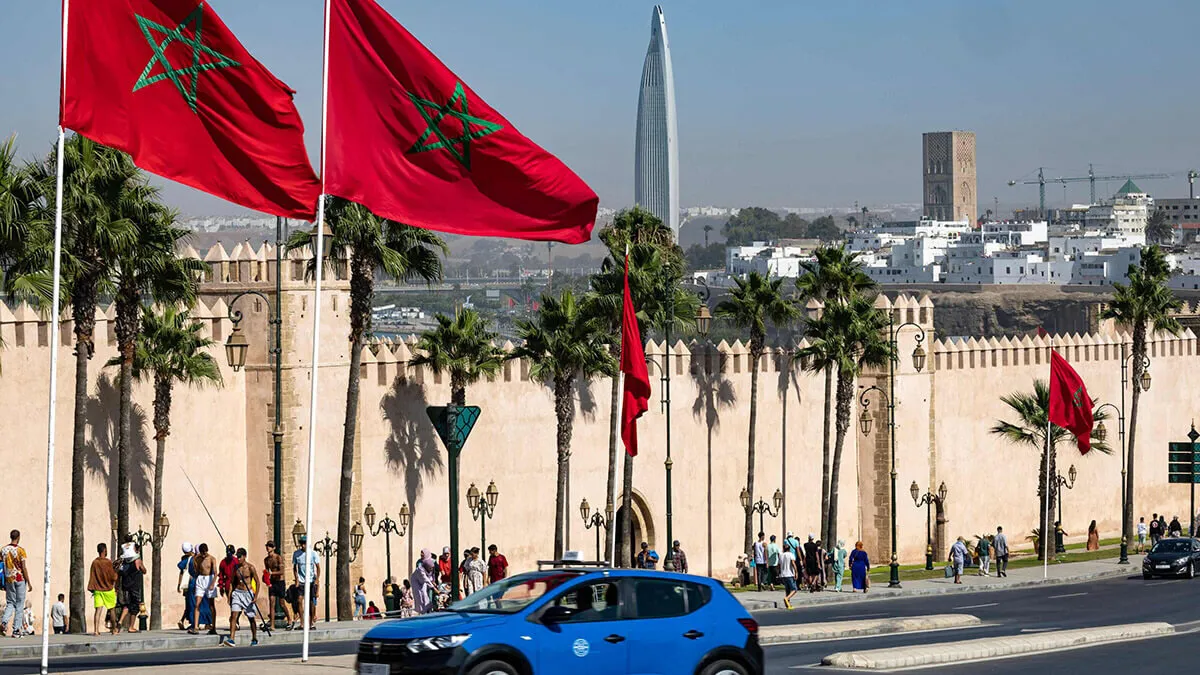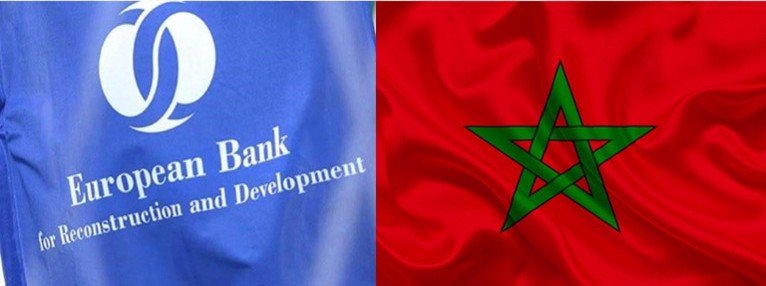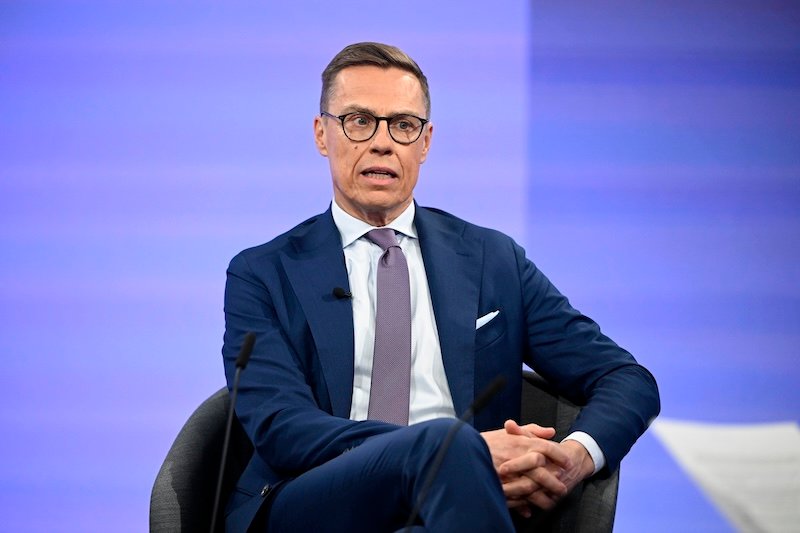Rabat, November 03, 2025 – The Europe Today: Morocco’s Minister of Foreign Affairs Nasser Bourita has described the adoption of United Nations Security Council Resolution 2797 on Western Sahara as a vote in favor of “Morocco under King Mohammed VI,” highlighting the Kingdom’s reforms and progress across multiple sectors.
In an interview with Moroccan broadcaster 2M on Sunday, Bourita welcomed the resolution’s adoption, noting that it recognizes Morocco’s Autonomy Plan as a credible and realistic political solution to the decades-long dispute over Western Sahara.
“The 11 countries that voted in favor of Morocco were not easy to secure. At first, we were at six votes, and then King Mohammed VI intervened, spoke, and acted to reach the required nine votes without a veto,” Bourita revealed. “We are talking about the last six or five weeks before the vote — the final stretch, like the 100-meter finishing line.”
The foreign minister emphasized that the vote not only reflects international support for Morocco’s territorial integrity but also acknowledges the Kingdom’s broader achievements in women’s empowerment, sustainable development, and institutional reforms under the leadership of King Mohammed VI.
Bourita highlighted the monarch’s personal commitment to the Sahara dossier, noting that “since his accession to the throne, King Mohammed VI has worked to move beyond the unworkable settlement and referendum plan.”
According to Bourita, the King’s visionary and credible approach has been instrumental in strengthening Morocco’s partnerships with influential international actors, including major European powers, and in building trust among global partners.
He recalled the monarch’s extensive diplomatic engagements with African nations that previously recognized the self-proclaimed Sahrawi Arab Democratic Republic (SADR), noting that these visits contributed to several countries’ decisions to withdraw or reconsider their recognition of the Polisario Front. Morocco’s return to the African Union in 2017 further consolidated this diplomatic momentum, he said.
Bourita added that a similar approach has been applied in Europe, where 23 countries now express support for Morocco’s Autonomy Plan.
He cited recent milestones, including the EU–Morocco agricultural agreement signed on October 4, which enables products from the southern provinces to enter the European market, and France’s participation in the Morocco–France Economic Forum held in Dakhla on October 9. Additionally, Morocco and Russia signed a maritime fishing agreement on October 17 that includes the southern provinces.
“Rather than merely being a proposal, the Autonomy Plan has now become the solution,” Bourita stated, describing the Security Council’s decision as historic, given that no member voted against it.
Resolution 2797, adopted with 11 votes in favor and three abstentions — from Russia, China, and Pakistan — reinforces international backing for Morocco’s autonomy initiative as the most credible and realistic path toward a lasting settlement. Algeria, which supports and hosts the Polisario Front, did not participate in the vote.
On Friday, King Mohammed VI delivered a special address celebrating the adoption of the resolution and expressing gratitude to partner nations whose efforts bolstered Morocco’s diplomatic success at the United Nations and beyond.
In his remarks, the King thanked the United States for its leadership in advancing the autonomy-based settlement, as well as the United Kingdom, Spain, and France for their continued support for Morocco’s peace-oriented approach.
The monarch also renewed an invitation to Algeria to engage in a sincere and fraternal dialogue aimed at overcoming decades of regional tensions and fostering stability and cooperation in the Maghreb.
